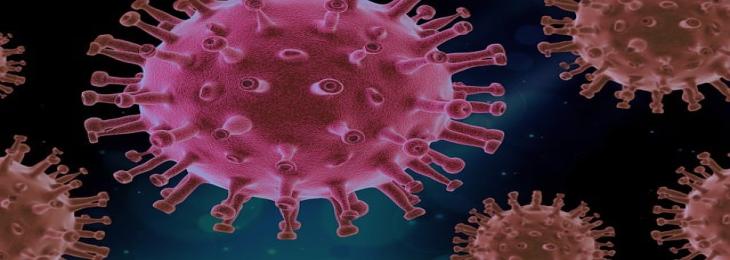Mar, 2023 - By WMR

According to a study, those who tested positive for COVID-19 had a higher likelihood of developing chest pain 6 years to a year after getting sick.
Even in people with small infections, health problems might linger for months or even years after COVID-19 infection. In the United States, about 19% of individuals who have previously tested positive for COVID-19 report having "Long COVID," which means that they have symptoms that have persisted for at least four weeks beyond the infection's initial phase.
Almost 150,000 people were subjected to a cardiovascular symptoms examination by Intermountain Health researchers in Salt Lake City in an effort to clarify what Long COVID meant to these patients both now and in the future. In the six months to a year following the infection, they discovered that patients who tested positive for COVID-19 experienced more chest pain.
Cardiovascular epidemiologist and study's lead author Heidi T. May, PhD, of Intermountain Health, observed that many COVID-19 patients still show symptoms several months after the illness' acute phase. "Although we found no notable rates of catastrophic events like heart attack or stroke in people who initially had a mild infection, we did find that chest pains were a chronic problem, which could be a sign of subsequently occurring cardiovascular difficulties."
The Intermountain study team found that individuals who tested positive for COVID-19 reported considerably more chest pain at six-month and one-year intervals but no other changes in cardiovascular events.
But as time goes on, Dr. May says, that will need to be reevaluated. She claimed that the symptoms aren't always converting into significant effect. It's possible that the long-term effects of infection on the cardiovascular system are hard to determine via initial diagnoses or even other events and won't become evident until extensive follow-up.

We will be happy to help you find what you need. Please call us or write to us: